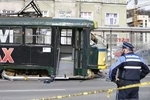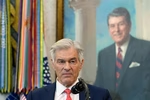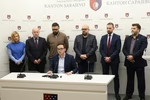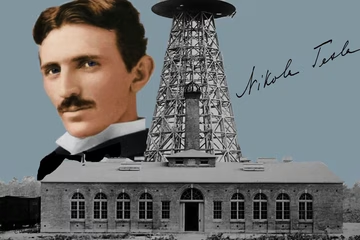Dusan Janjic: US Ambassador is right - former SFRY property belongs to its successors, which is Bosnia
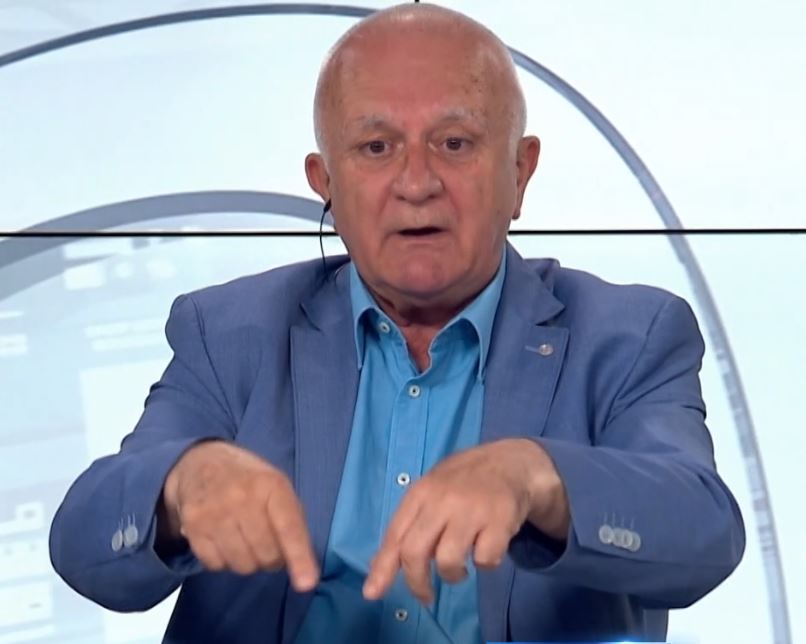
The conflict of statements and letters on social media between Serbian President Aleksandar Vucic and the US Embassy in Bosnia and Herzegovina remains a hot topic in the political life of both countries. How is it that American diplomats in Belgrade and Sarajevo have completely opposite views on Vucic? What lies behind Vucic's interpretation of the Constitution of Bosnia and Herzegovina and the US ambassador's response? Dusan Janjic from the Belgrade Forum for Ethnic Relations commented on this for N1.
Commenting on the ongoing war of words between Serbian President Aleksandar Vucic and the US Embassy in Bosnia and Herzegovina, Janjic said it aligns with Vucic's policies over the past few months, announced on March 2, and noted that both the local US ambassador and the one in Bosnia had remained silent.
"He announced that, according to his knowledge, there is some kind of hybrid war being waged by America and the West against his government, using various issues like the status of Kosovo and the supposed abandonment of the RS. The ambassador in Sarajevo is seen as someone who doesn't understand the situation, as Dodik would say, while Vucic is trying to explain in a serious manner that everything is fine and in accordance with Dayton, implying that only Vucic and Dodik understand the Dayton Agreement," Janjic remarked.
He added that "it is clear there is no solidarity between the two ambassadors," which is concerning.
Why did Vucic bring up the issue of state property?
"Everything started with state property 10-15 years ago when Dodik first announced secession or, as he now says, disassociation. This is about property managed by the entities, at least by the RS, much of which has been mortgaged to the Russians, possibly even the Chinese. This needs to be investigated. The best way to justify or settle this is to claim it exists in the Dayton Agreement, and the US ambassador is right. You don't need to be an expert to see this; you just need to read the Dayton Agreement and the Constitution. The property of the former SFRY belongs to its successor, which is Bosnia and Herzegovina, and that’s why there was a succession process," Janjic explained.
He believes Vucic cannot retroactively dispute the succession without raising the "general question of property in Kosovo being taken over the same way RS took over from Bosnia without succession."
"To me, it is absolutely clear that, according to the agreement, so-called public property of national importance belongs to the state of Bosnia and Herzegovina. It is listed under the state, and then it is up to the state authorities to set rules for distributing barracks, state institutions, government buildings, etc. The issue here arose around natural resources, mines, water, and especially forests, primarily in the energy sector," Janjic stated.
Continuing his appearance, Janjic commented on Serbian President Vucic's policies and relations with Washington and Russia.
He disagreed with some analysts' claims that relations between Belgrade and Washington are on an upward trajectory.
"Honestly, I don't see these elements of upward trajectory, except for the State Department's satisfaction, which is justified, with what is being delivered in Kosovo," he concluded.
Regarding Russia, Janjic believes that the Kremlin does not see a reliable partner in Serbia and Vucic.
"There is something there; words are one thing, actions are another. The actions show that everyone meddles in this country as they please. We don't even have an agency like the BIA functioning effectively; we don't have a stable security apparatus," he added.
Kakvo je tvoje mišljenje o ovome?
Učestvuj u diskusiji ili pročitaj komentare





 Srbija
Srbija
 Hrvatska
Hrvatska
 Slovenija
Slovenija











